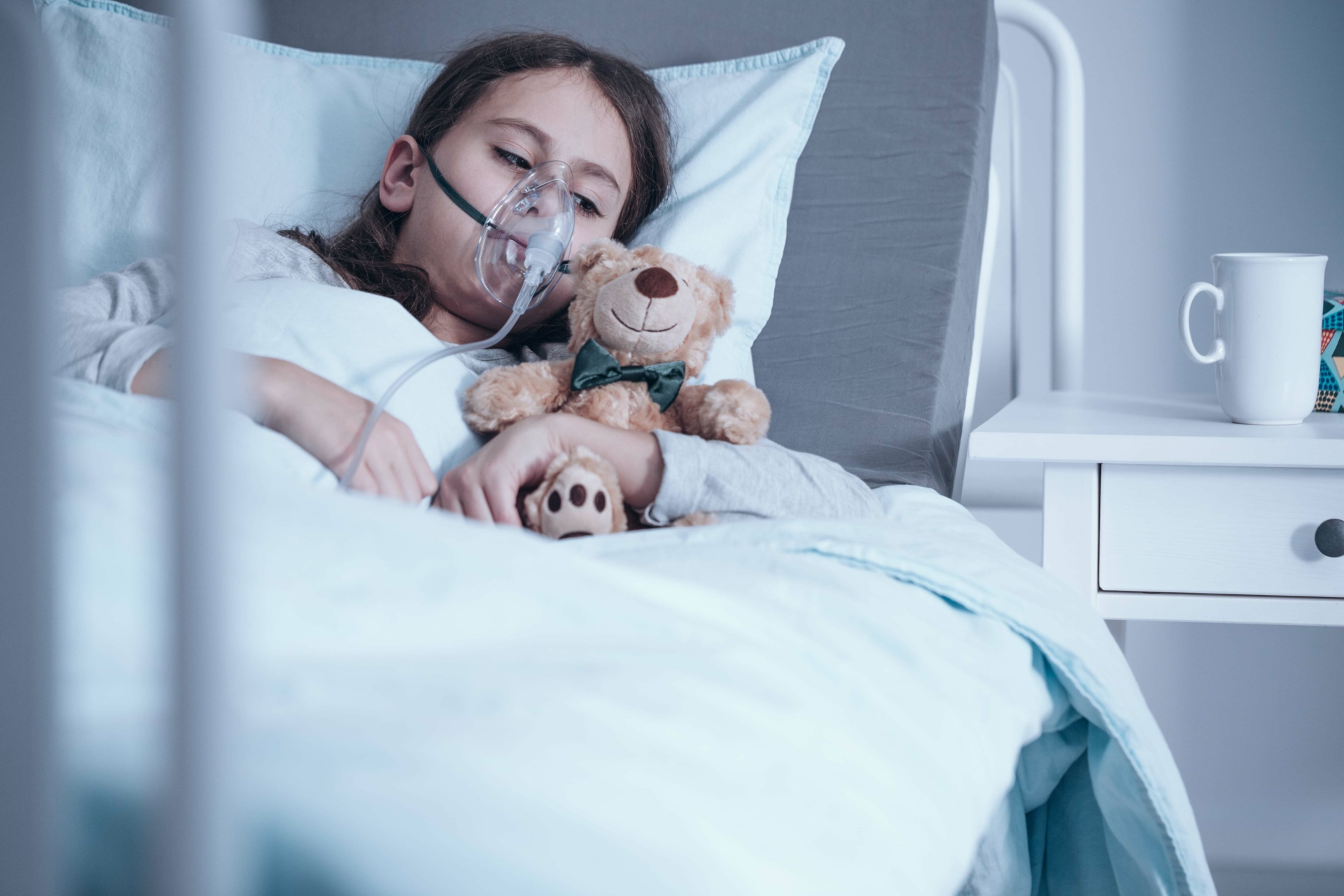
Children’s brain cancer biobank gives hope for the future
The Robert Connor Dawes Foundation are proud to announce that we are co-funding South Australia’s first biobank.
Dubbed ‘Brain Turbo SA’, the biobank is being spearheaded by renowned brain cancer specialist and McClurg Brain Cancer Fellow at South Australian Health and Medical Research Institute (SAHMRI), Professor Jordan Hansford and is being used to study child brain tumours into the future.
“We’re going to learn about survivorship, we’re going to learn about diseases and we’re going to learn how to continually improve patient care,” Prof Hansford said.
“The biobank will ultimately give us the answers to questions we wouldn’t otherwise be able to find and that will mean saving lives.”
The biobank will enable researchers and clinicians to build on current knowledge of the different types of brain tumours and better understand how survivors’ health is impacted over time.
Utilising this growing body of hard evidence, researchers will be able to show the implications specific tumour types have on various functions such as cognition, cardiovascular health and hearing.
“Our molecular knowledge of tumours has expanded over the past decade, giving us new insight into the health of those currently living with brain cancer and a greater understanding of how to treat patients for better results,” Prof Hansford said.
“The most exciting part is this is only the beginning.”
Brain Turbo SA has been established thanks to collaborative funding that includes $350,000 from the Robert Connor Dawes Foundation, $15,000 of which was donated by the charity, Zoe’s Fight, in the legacy of Zoe Stanley who died of incurable brain cancer at age five. Another $350,000 from My Room Children’s Cancer Charity. The NeuroSurgical Research Foundation has also contributed a further $150,000 over three years.
“We’re extremely thankful for the support of our charity partners, without whom this wouldn’t be possible,” Prof Hansford said.
“We’re looking to find further funding to expand on this important project and ensure it continues to grow into the world-leading resource it has the potential to be as we begin to care for children across the country when the Australian Bragg Centre for Proton Therapy and Research opens.”
Check out the original article HERE
